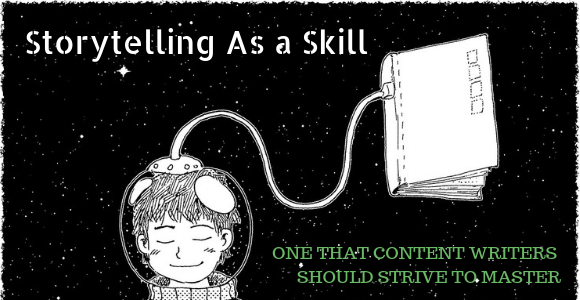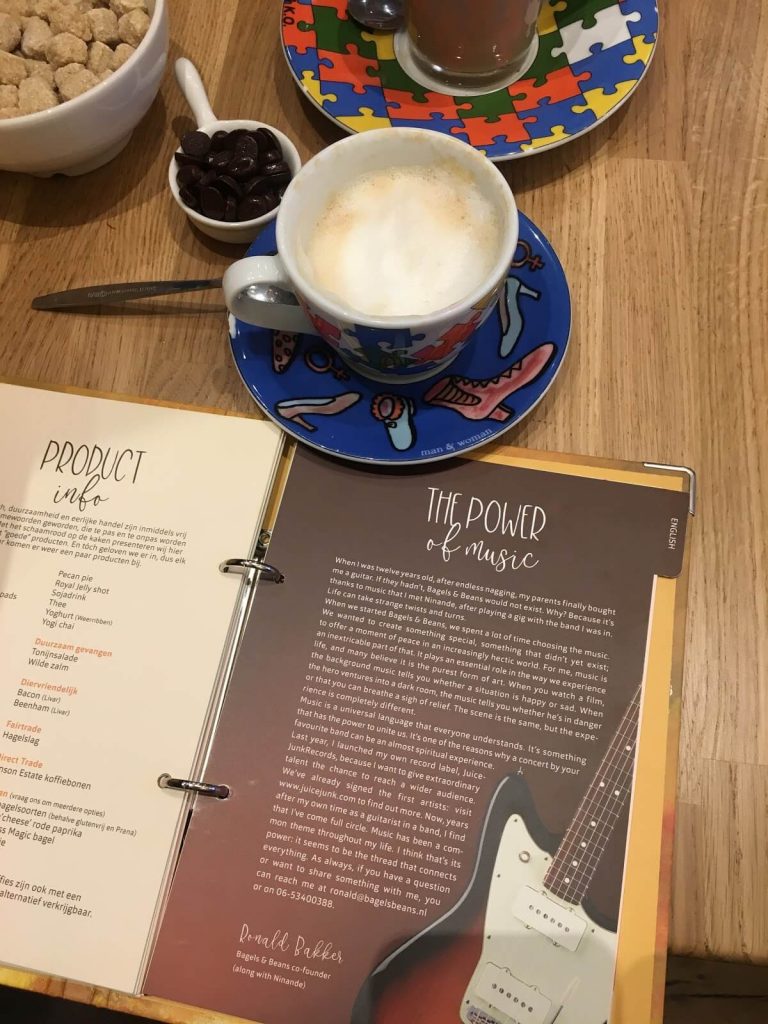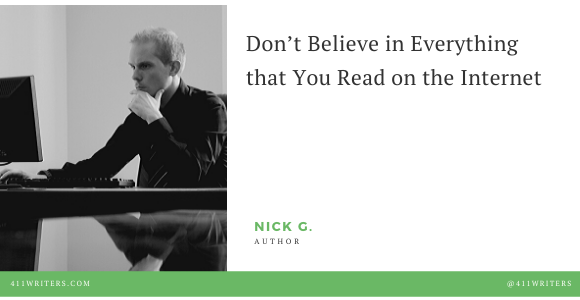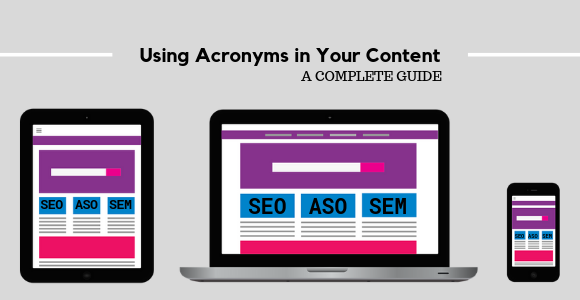I have a theory about why many refrain from using the storytelling techniques in their marketing and content writing efforts. I believe it’s because good stories have a personal element to it. They’re not a dry piece of information about what your business does. It’s not about set-in-stone facts. Storytelling that is done well consists of a fluid concept, one that has a great impact on how we feel. It’s about establishing a good emotional connection with the person on the other side. Is it important for web content writers to be good at corporate storytelling? If so, how to get better at it? This is the focus of today’s post.
Stories have been part of our lives for ages, but when marketing gets into the picture… that’s a different story. Perhaps it’s because, in business, time is money. Things need to happen quickly whereas stories need time to unfold. Nobody has that much time, right? Maybe it’s a culture thing too. We want it straight to the point and with little left for us to interpret.
You get the point. Storytelling is not your obvious winner when it comes to copywriting.
Yet, I’m here to argue that telling a story is a way to enchant and win hearts over and it works for businesses just as it does for people. But before we continue, what even is a story?
Maybe your mind goes to your favorite fairytales you used to read as a child or the book you finished the other day?
Essential elements of every story
- Timeline
- Hero
- Goal
- Journey
- Climax
- Epilogue
Who is the hero? It could be the person or the group of people that you are targeting with your copy. Their lifestyle, their daily internal monologue, their actions – those can be used to set the tone and make it feel real for them. But, “the hero” can also be your company. History has seen big brands and their web content writers put the company as the hero of their brand’s journey.
One thing that all good stories do is to get you hooked up to care about the hero. Their emotions become yours. Their challenges feel like something you are battling with yourself. You subconsciously start identifying with them. It needs to be a relatable character. Someone who your audience will find familiar, easy to understand. That’s why it should be built upon a persona with a similar journey, facing similar challenges.
Ask a robot to tell you a story. Well, judging by this AI experiment that was run a few years ago, it won’t produce quite the same result that a human being will.
Some Good Examples
Let’s study the competition
What I usually do when I’m searching for a better way to do something (or a way to just start doing it) is looking at how others do it. For example, I’d turn to great storytellers that history has seen. Maybe explore the best works of someone like Hemingway or Walt Disney. Just like Airbnb did, remember?
Web content writers could look for inspiration and dig deeper in other writing niches, as well. A good example is screenplay writing, promos & ads, scripts for commercials. Usually, there is always a plot there or a story, in other words.
When you think of good corporate storytellers, who comes to mind? I hate to do it again and again, but yes, Coca Cola. Their storytelling game is super strong because of the strong emotional connection the brand manages to build. When I watch Coca Cola TV commercials, I think about family, empathy, and interaction.
Outside of the Digital Realm
Even though I am a web content writer, I always try to seek information in the world around me that goes way beyond a computer screen. Not all good stories your business has to share have to reside in the digital kingdom. You can go old-school about it.
Just like Bagels and Beans. On a recent trip to Amsterdam, which coincided with me writing this article, I created a task in my mental to-do list to seek storytelling everywhere around me and see whether I’ll be able to spot any. It wasn’t long before I did.
One morning, I walked into this bagel place my friend and I spotted from across the street and went in. I was immediately won over by the friendly staff and the free cocoa nibs they gave us, but that’s a story for another time (see what I did there).
The second they gave us the menu, it struck me with its visual appeal. Another thing was its content. The menu had the place’s story (there is a picture of it below). In any other circumstances, I would have jumped right over to the food, but instead, I read about the owner, how the place came to be and felt consumed by the overall atmosphere around me.
What was only ten minutes ago a random bagel shop on the other side of the street was now this very cool bagel shop I was going to give a 5-star review and tell all my friends (and now you) about it.
And that’s the conquering power of telling a good story. It makes you feel part of it. Like it belongs to you too, and you want to retell it.
Tell Stories That Matter
What We Learned Today
Ideally, after reading this article, you would be way more willing to add storytelling to your skill set. I mean, there are plenty of good reasons to do it: brand awareness, recognition and better communication with the end users. Will you try incorporating it into your next campaign? Tried it already? Tell me if it worked and what you learned from the process in the comments below.








